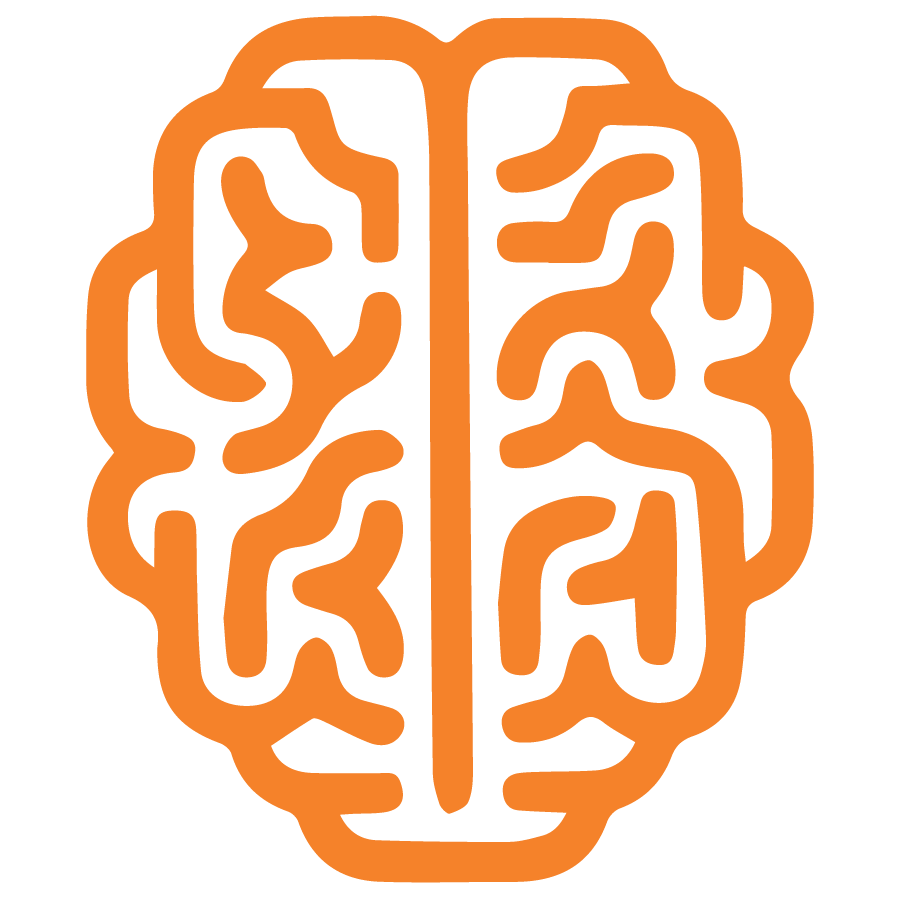 Menu
≡
╳
Menu
≡
╳
- Home
-
Lifestyle Options
-
COMMUNITIES
- Central Florida
- Southeast Florida
- Space Coast
- Treasure Coast
-
Programs
- Resources
- About
- Contact Us
 Menu
≡
╳
Menu
≡
╳
- Home
- Lifestyle Options
-
Communities
- Central Florida
- Southeast Florida
- Space Coast
- Treasure Coast
- Programs
- Resources
- About
- Contact Us

While there is no cure for Alzheimer’s disease, several prescription drugs have been approved by the U.S. Food and Drug Administration to help people living with memory impairment experience a higher quality of life.
By slowing down the disease’s progression and helping to ease many of the symptoms associated with Alzheimer’s, there are medications that help people maintain their independence for a longer period of time and maintain their dignity as the disease advances.
Cholinesterase Inhibitors for Alzheimer’s Disease
According to the Alzheimer’s Association, many of the cognitive symptoms associated with Alzheimer’s disease, including memory loss and confusion, occur when cells and communication networks in the brain are damaged or destroyed. While there is currently no drug available that can stop this process, some medications may help slow it down by creating a more stable environment in the brain.
Cholinesterase inhibitors like Razadyne (galantamine), Exelon (rivastigmine) and Aricept (donepezil) are often prescribed to ease the symptoms of mild to moderate Alzheimer’s disease.
Memory care researchers do not understand exactly how Alzheimer’s medications work, according to the National Institute on Aging. It’s believed they may help prevent the breakdown of a brain chemical called acetylcholine, which is involved in processes like thinking and recall.
Over time, Alzheimer’s may slow down the brain’s production of acetylcholine. This can make cholinesterase inhibitors less effective over time.
Namenda (Memantine) for Alzheimer’s Disease
To help with moderate to severe Alzheimer’s symptoms, doctors may prescribe Namenda (memantine), an N-methyl D-aspartate (NMDA) antagonist. Memory care doctors believe this medication helps regulate glutamate, a chemical involved in the process of storing, processing and retrieving information, according to the National Institute on Aging.
NMDA antagonists affect the brain differently than cholinesterase inhibitors. The two types of medications may be prescribed in tandem. Medications like Namzaric (memantine and donepezil) are a combination NMDA antagonist and cholinesterase inhibitor.
Antidepressants and Other Medications for Alzheimer’s Disease
In addition to cognitive issues, Alzheimer’s may also cause symptoms like agitation, depression and sleeplessness, according to the Alzheimer’s Association. To help increase the comfort and quality of life for the person with the disease, and make it easier for loved ones to provide the best care, doctors may recommend antidepressants like Prozac (fluoxetine), Paxil (paroxetine) or Zoloft (sertraline).
Anxiolytics like Ativan (lorazepam) and Serax (oxazepam) may also be prescribed to help ease symptoms of anxiety and restlessness, while sleep aids like Ambien (zolpidem) and Lunesta (eszopiclone) may be recommended as a short-term solution to help reduce restless nights.
Other medications that may help reduce aggression, paranoia and hallucinations include Depakote (sodium valproate), Risperdal (risperidone) and Seroquel (quetiapine).
Medications for Alzheimer’s Symptoms
It is predicted that the number of Alzheimer’s cases will increase by 33% in Florida by 2025. While many medications can help ease the symptoms of Alzheimer’s, they are not without their risks. Some drugs, like anticonvulsants, can help reduce aggression but also cause side effects like mood swings and confusion, according to the National Institute on Aging. Taking common anti-anxiety medications can also lead to feelings of dizziness and confusion and increase one’s risk of falls.

That’s why doctors usually recommend starting at low treatment doses and carefully monitoring for side effects like the ones mentioned above, as well as nausea, diarrhea and decreased appetite. Adding music therapy interventions to one’s dementia treatment plan can also reduce the need for antipsychotic and anticonvulsant prescription medications.
To help ensure your loved one is getting the best possible care, it’s important to work closely with their doctor and medical team. If you are caring for a loved one with Alzheimer’s disease, certified dementia care experts can provide strategies for managing dementia symptoms and behaviors at home.
Those with advanced stages of dementia and Alzheimer’s are often best served by a specialized memory care community staffed by certified dementia caregivers. Florida has extensive training requirements for dementia caregivers.
These nurses and caregivers undergo rigorous training that gives them a deeper understanding of how dementia affects the brain, empowering them to ensure every resident receives the highest, most compassionate level of care.
To learn more about how Sonata Senior Living’s memory care communities help people living with Alzheimer’s in Florida experience the highest quality of life, call a community near you today to schedule a visit →
A Practical Guide For Managing Alzheimer’s and Dementia Behaviors
Few people thrust into the role of caregiver have received any formal training on the confusing symptoms that can attend the onset of memory loss. Relying on experts in the field, our guide is a short yet comprehensive primer in managing behaviors associated with Alzheimer’s disease and dementia.







